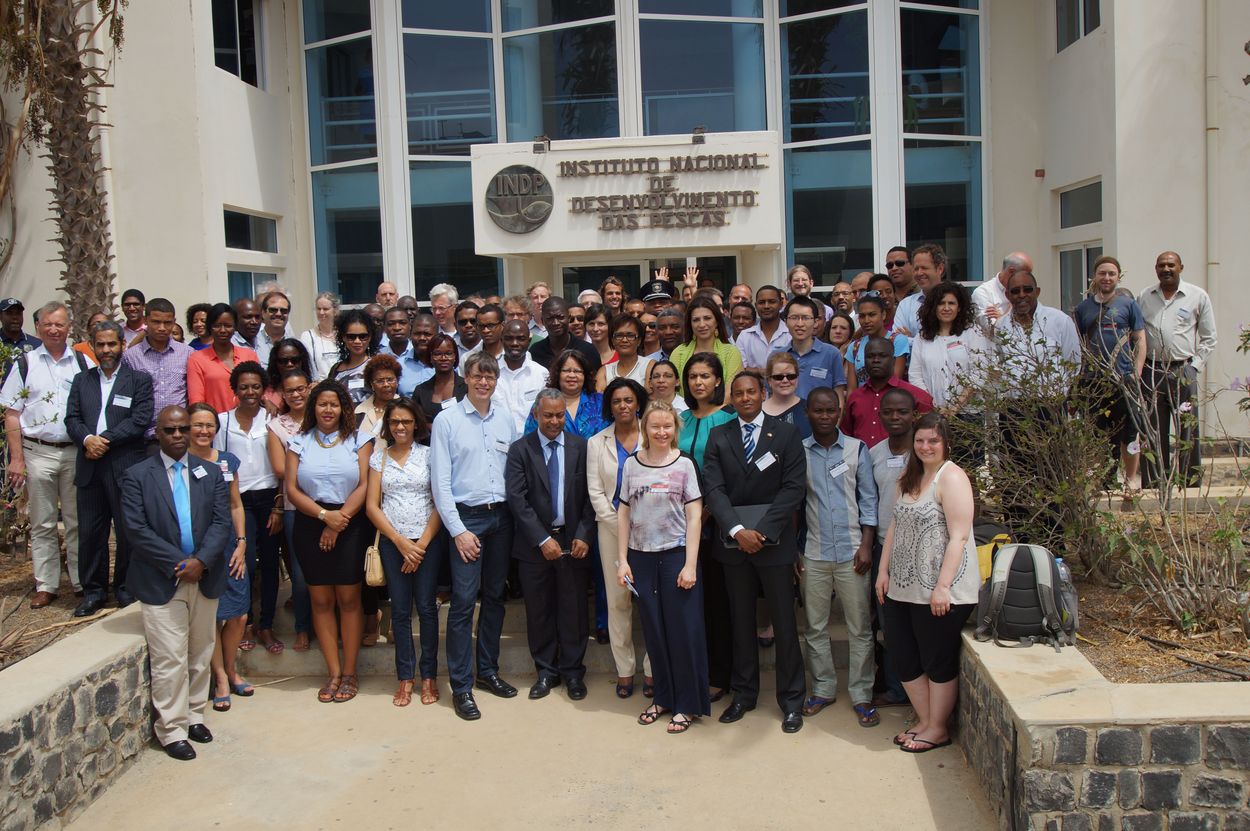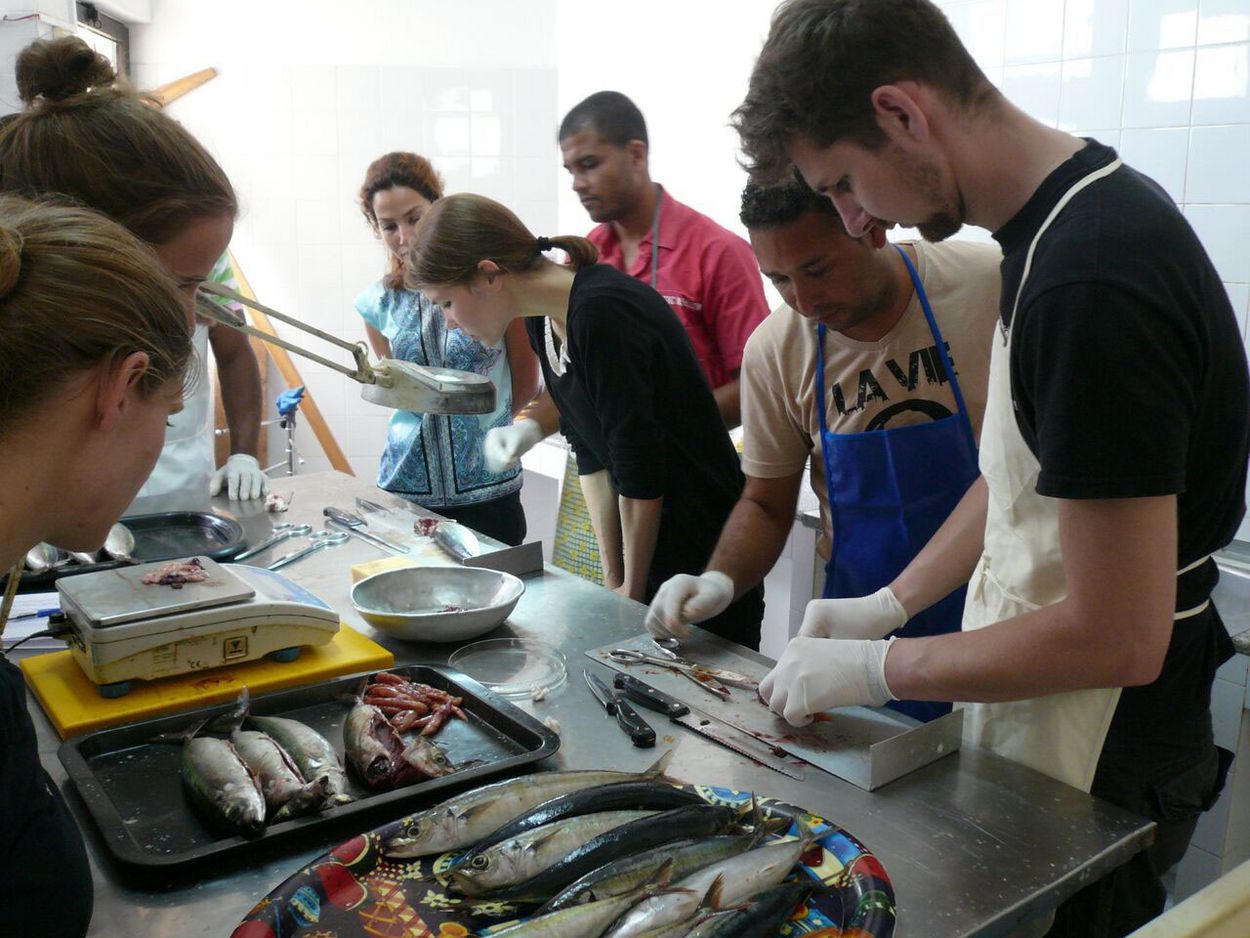About 150 participants from 13 nations attended to report on a broad range of research conducted in the tropical northeast Atlantic Ocean and to further develop the research alliance with institutions from Europe, West Africa, North America and Brazil. The symposium aimed at highlighting the importance of and the need for a better understanding and long-term studies of the tropics, a region that is characterized by various climate-relevant processes, where the atmosphere and the ocean interact in multiply dynamic ways and where responses to anthropogenic influences are to be expected with profound socio-economic effects. Furthermore, a dialogue was started across the Atlantic to promote a network of Atlantic times-series stations with Brazil, the Canary Islands and North America. The Ocean Science Centre Mindelo (OSCM), currently under construction, and the linked observatories of CVOO (Cap Verde Ocean Observatory, an official ICOS station) and CVAO (Cape Verde Atmospheric Observatory) will be made available to the international marine and atmospheric science communities to facilitate field research in the West African region and provide an exciting training-through-research environment. The symposium was framed by a summer school of the “Helmholtz Research School Ocean System Science and Technology” (HOSST) of Kiel University/GEOMAR and the “Transatlantic Ocean System Science and Technology” (TOSST) research school of Dalhousie University, Halifax/Canada hosting 33 students 8 of which were from West African nations. The lively and successful symposium highlighted the strong need for sustained observations such a performed at the ICOS time-series station CVOO to allow unequivocal detection of global change and to support a wide range of international state-of-the-art field research in this critical and dramatically undersampled region.
Nach oben

